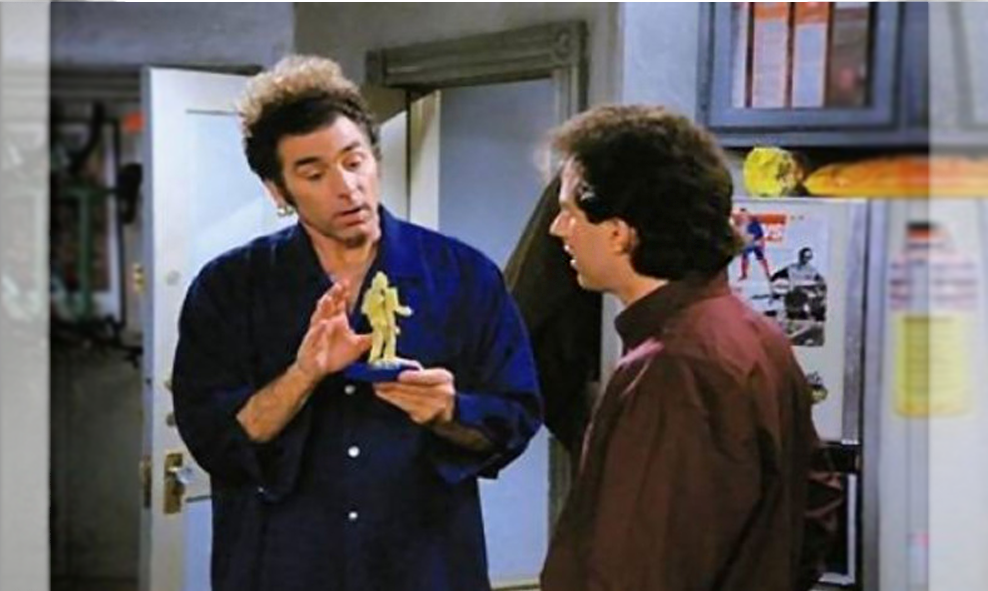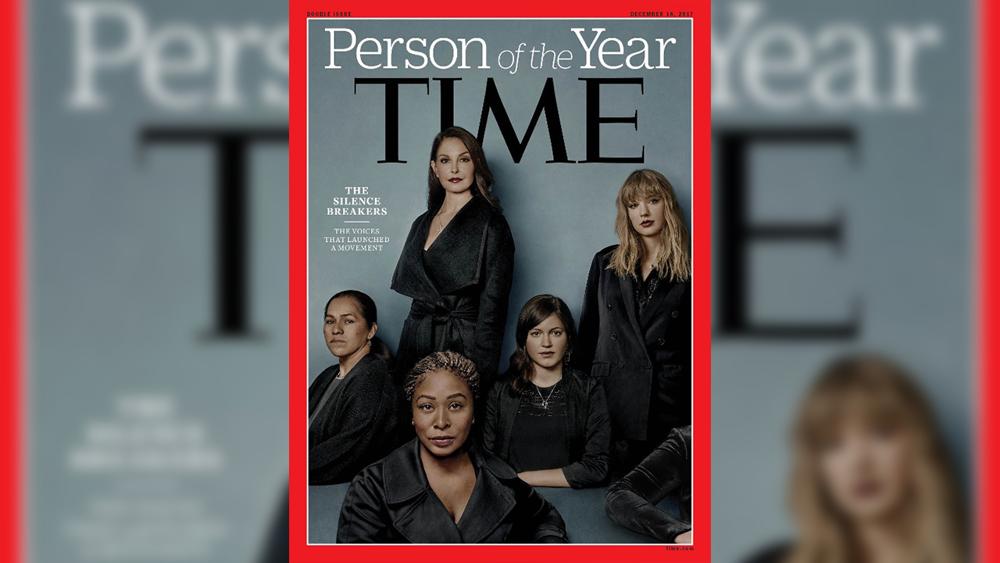While the logic of Rabbi Akiva makes sense that one should take care of oneself and at least let one person live, Ben Petura's argument is also clear here. If you use the loving that the Torah states, then one cannot value your own life above your friends. Ben Petura is using this logic because how can you choose your life above someone else's if you have to value both yourself and your friend all the same.2
(צפיה בדעה במקור)








